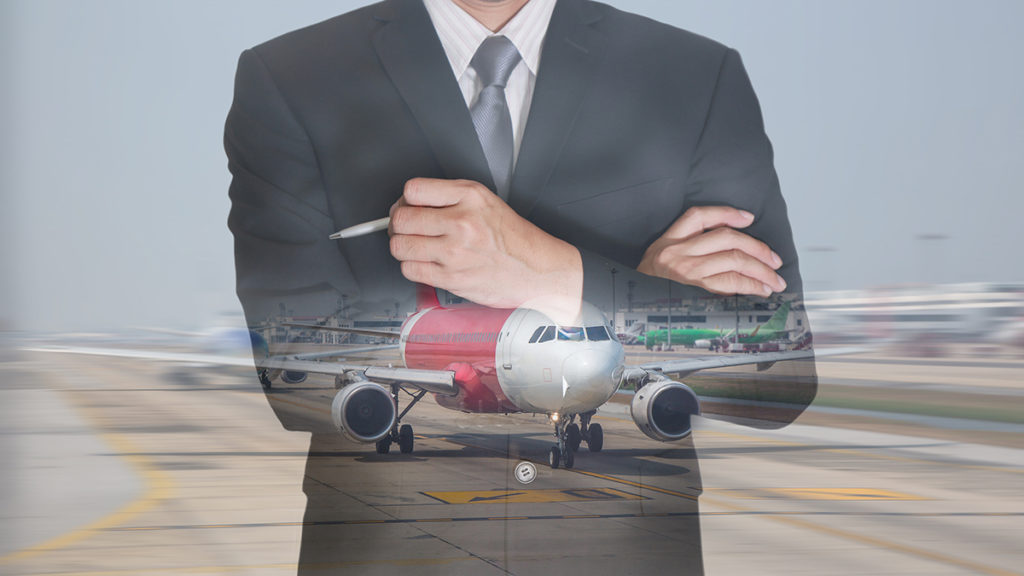There is no need to repeat the widely known details of Dr. David Dao’s violent removal from a United Airlines flight.
It is hard to imagine a worse series of decisions made by employees of a major corporation, decisions that may permanently impact the brand image and value of United.
What was behind the poor decision-making on the part of the crew of United Airlines?
In his books, Good Profit and The Science of Success Charles Koch explains the use of Market-Based Management (MBM) at Koch Industries, Inc. Market-Based Management, explains Koch, is “a philosophy that enables organizations to succeed long term by applying the principles that allow free societies to prosper.”
Koch Industries uses, “decision rights to replicate the benefits and responsibilities of property rights in society.” Koch observes that “too many businesses insist that decisions ought to be made by the highest-ranking person in the company hierarchy.”
The United crew failed to use common sense because, while they had the best knowledge of the situation, they did not have full decision rights. The crew was tasked with getting a few passengers to deplane, but when not enough passengers accepted the compensation offer of $800, the crew stopped asking for volunteers. In his initial public comments on the incident, United CEO, Oscar Munoz, commended the crew “for continuing to go above and beyond to ensure we fly right.” But in later comments Munoz made a big reveal: “We do empower our front-line folks to a degree, but we need to expand that to allow a little more common sense.”
In other words, if it was going to take, for example, an offer of $1500 to find a passenger willing to deplane, the crew did not have the authority to make that offer. Paradoxically, United’s centralized rules to “fly right” undermined good decision making.
United’s centralized rules to “fly right” undermined good decision making.”]
The union representing United pilots disingenuously blamed the Chicago aviation police for the violence. Yet, the captain of a plane has great power; and the captain stood down as Dr. Dao was dragged bleeding down the center aisle of the plane.Empathy and Initiative
The corporate culture of United Airlines produced employees who seemingly lack empathy for others. Could it be that when people cannot use their “knowledge of the particular circumstances of time and place,” opportunities to be of assistance begin to go unnoticed?
[pullquote text= “The top-down decision-making hierarchy at United produced passive employees.”]
As in socialist counties, the top-down decision-making hierarchy at United produced passive employees who lacked initiative.
Under Market-Based Management, Koch writes, “Decision rights are continually earned, not granted or bestowed. Everyone has the authority, and the obligation, to identify and take the initiative to address problems.”
In his book Wired to Care, business strategist Dev Patnaik looks behind the success of many companies and argues that empathy for customers is a needed ingredient for corporate success. Patnaik writes, “If you want to create products and services that other people care about, you should put aside your problems and start caring about other people’s lives.”
Clearly, empathy is rewarded in a free market. Firms that encourage widespread empathy discern and respond to consumers’ most pressing needs. In Patnaik’s words, they see “new opportunities faster” and thus strengthen their market position.
Patnaik’s point is consistent with what we know about entrepreneurial success. In Profit and Loss Ludwig von Mises writes, “Profit and loss are generated by success or failure in adjusting the course of production activities to the most urgent demand of the consumers.”
In a fast-changing world how can a company create value for others if they don’t care “how other people see the world?” Patnaik explains how when employees have empathy “they make a thousand better decisions every day.”
United Airlines is a legacy airline. Its corporate culture was shaped in an era when the Civil Aeronautics Board regulated competition by setting interstate routes and fares. Not well known is that the government still protects U.S. domestic flights from competition. A few months ago, I observed,United Airlines has a reputation for poor customer service. Given its poor service, why don’t travelers take their business elsewhere? Air travelers have alternatives, don’t they? Yes, but….
United flies many transcontinental flights between New York and Los Angeles, as well as flights from both coasts to Chicago. U.S. law prohibits competition from foreign airlines on domestic routes. For example, British Airlines flying from London to Los Angeles cannot stop in New York, discharge some passengers, and fill the empty seats with New York passengers bound for LA.
United faces competition from domestic airlines, but barriers to competition from foreign carriers are giving United an advantage; the market cannot fully discipline United for its poor customer service when travelers have fewer alternatives.”]
Competition, not government, is the best regulator. Allow foreign airlines to fly domestic routes and watch service improve and prices fall. Increased competition will create immediate urgency to change the corporate culture of United Airlines. Perhaps Oscar Munoz might pick up the phone and call Charles Koch for advice.



